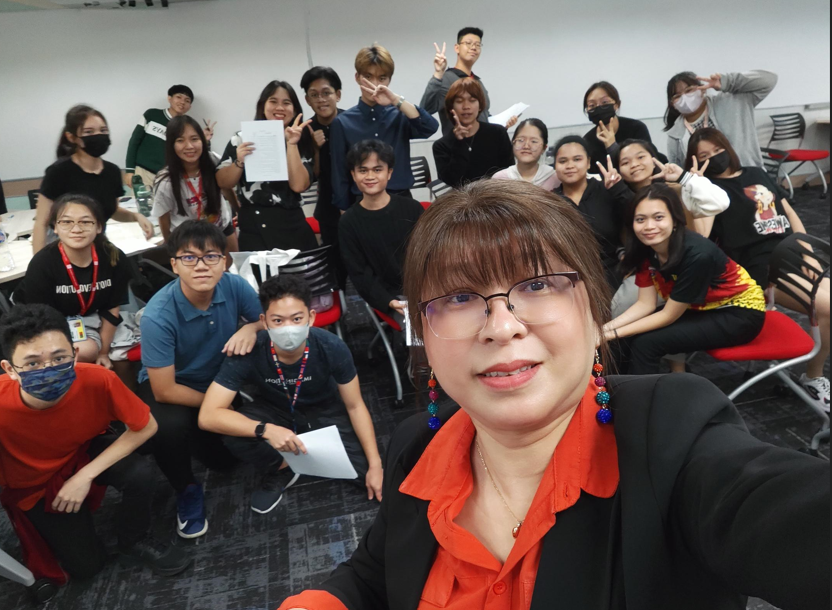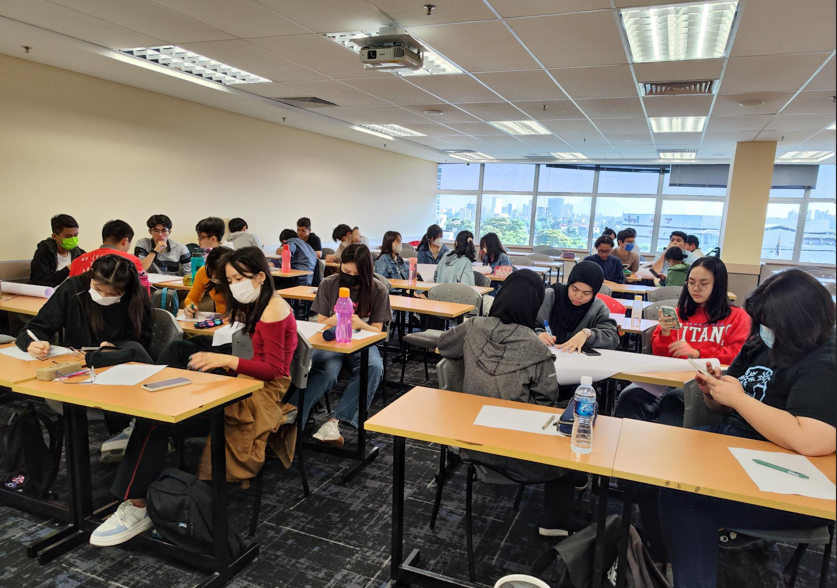Success can mean different things to different people. For some, it might be acing exams and graduating with top honours. For others, it could be landing a dream job or achieving a personal milestone. What differentiates those who reach their goals from those who do not is mental strength.
First Step to Mental Strength
Mental strength is similar to physical fitness in many ways. It takes a lot of practice and consistent effort to improve our well-being. Just as physical training involves repetitive exercises to build muscle and endurance, training the mind involves practices like positive thinking and problem-solving.
We have all heard stories of successful individuals—for example, J.K. Rowling and Michael Jordan. Rowling’s first Harry Potter book was rejected twelve times before it was finally published, while Michael Jordan, was dropped from his high school basketball team before becoming a basketball legend.
What these successful people have in common is their mental toughness. They were able to bounce back from the adversities life threw at them. They refuse to be defeated and instead embrace failure, adapting positively through all challenging times. So, what are the key practices in building mental strength?
Building Mental Strength
First, we need to focus on disciplining our minds to prevent negative thoughts from undermining our confidence and hindering our progress. This involves regularly replacing negative thoughts with positive ones and practising a growth mindset.
In addition, reducing exposure to negative influences, such as toxic environments or pessimistic people, is important. Instead, we should surround ourselves with supportive and encouraging influences. For instance, we should engage with people who share similar values and goals, and cultivate relationships with those who uplift and motivate us.

Had the privilege to conduct a mental strength workshop for a fantastic group of English Enhancement Program students.
Turn Setbacks to Stepping Stones
Learning from mistakes is another essential aspect of mental toughness. Instead of dwelling on past mistakes, analyse what went wrong and use those insights and experiences to make better decisions in the future.
This however does not mean we should ignore our feelings. It is important to acknowledge our emotions such as sadness or defeat but we should let them pass, and then objectively review the situation. Consider whether the mistake was due to a lack of knowledge, a communication problem, or other factors. Once we identify the causes, develop a plan to avoid making similar mistakes in the future. By understanding and learning from our mistakes, we are one step closer to mental toughness. Another important practice is letting go of what we cannot control. Often, we allow our emotions to dictate our actions, steering us away from what we logically know is best for our well-being.
Focus on What Truly Matters
While it may be tempting to follow our hearts, listening to our heads is also necessary. Accept what is beyond our control and focus on the aspects of life we can influence. We can better align our choices with our long-term goals by making decisions based on rationality rather than fluctuating emotions. Thus, acknowledging our limits and redirecting our energy in this way fosters resilience.
Life is full of challenges, but we should view each obstacle as an opportunity in disguise. By seeing difficulties as chances for growth and persevering through setbacks, we can build a stronger foundation for success. Developing mental strength is an ongoing process that requires consistent effort: disciplining our mind, learning from mistakes, and letting go of what we cannot control. Success will come if we train our minds to be tougher with each step we take.

I look forward to seeing how these students apply the skills of building mental strength outside the classroom!
As we reflect on our journey, remember that success is a marathon, not a sprint, and each challenge we overcome with the right practices brings us closer to achieving our goals.
Rebecca Lee Su Ping is a passionate educator who truly understands her students. With 25 years of experience teaching students across various age groups, her ability to connect with, and inspire her students has made a meaningful impact on many. Dr Lee is an English Language lecturer with the School of Foundation Studies, Swinburne Sarawak.

